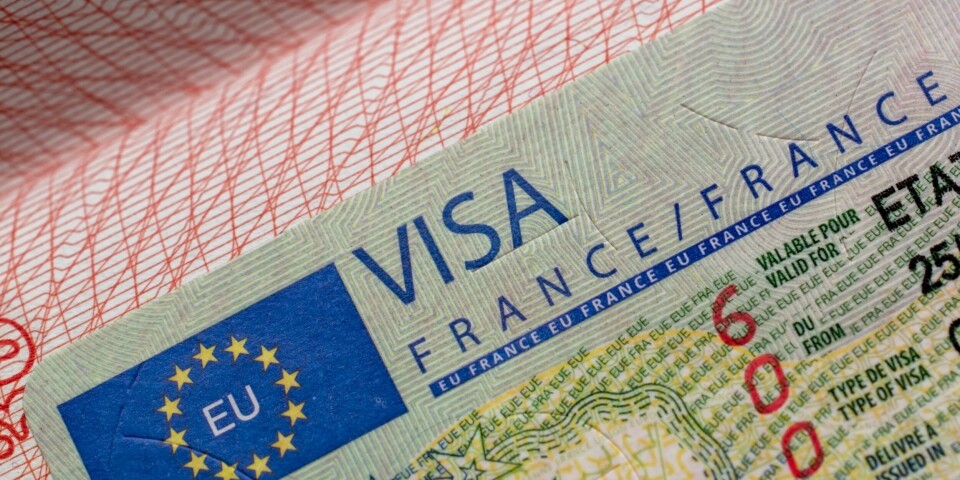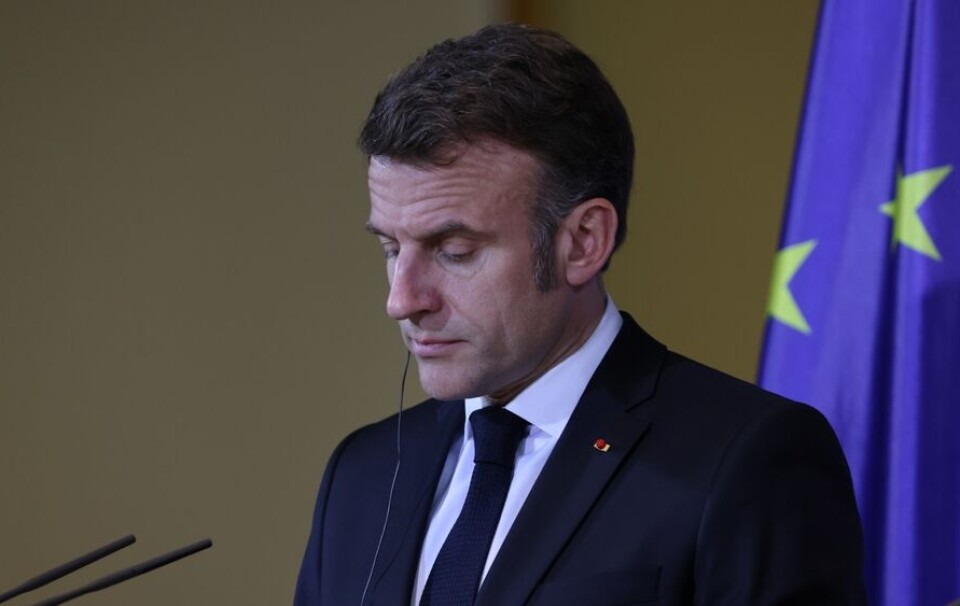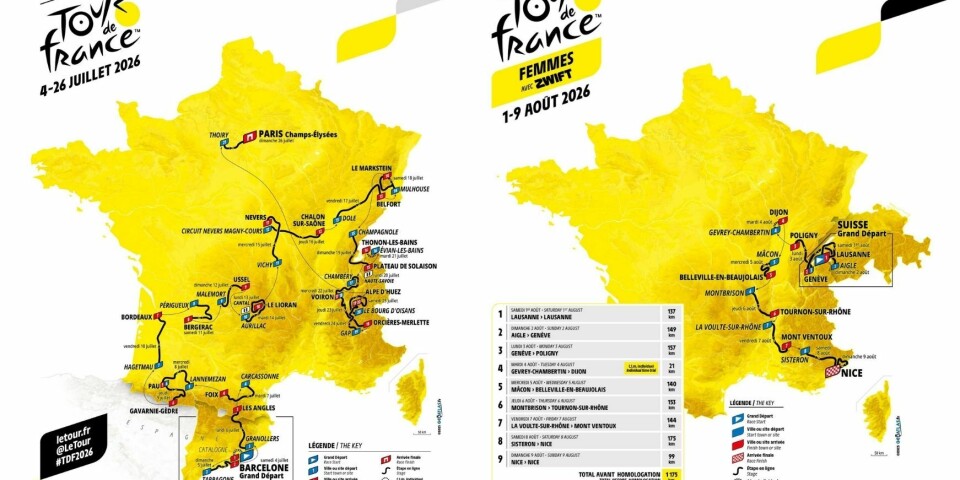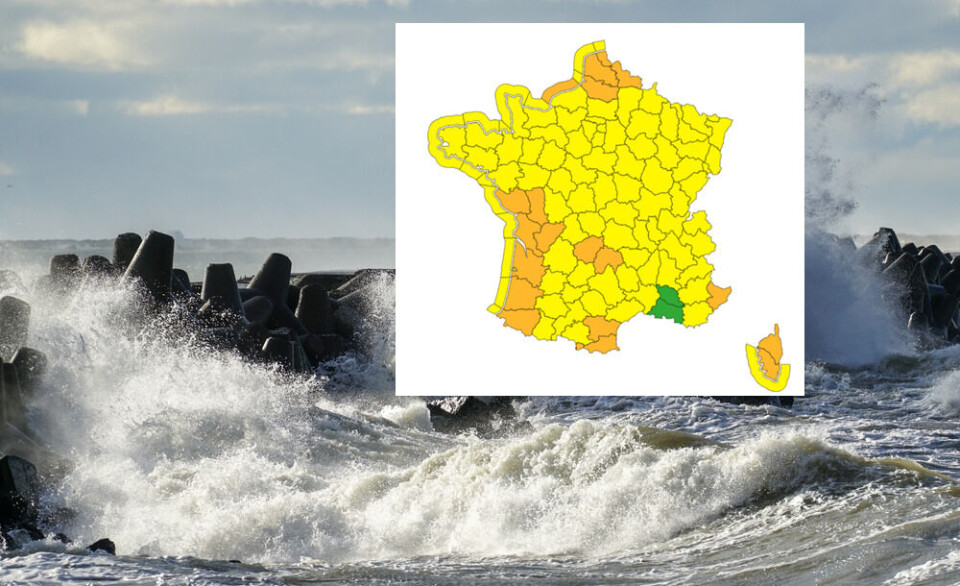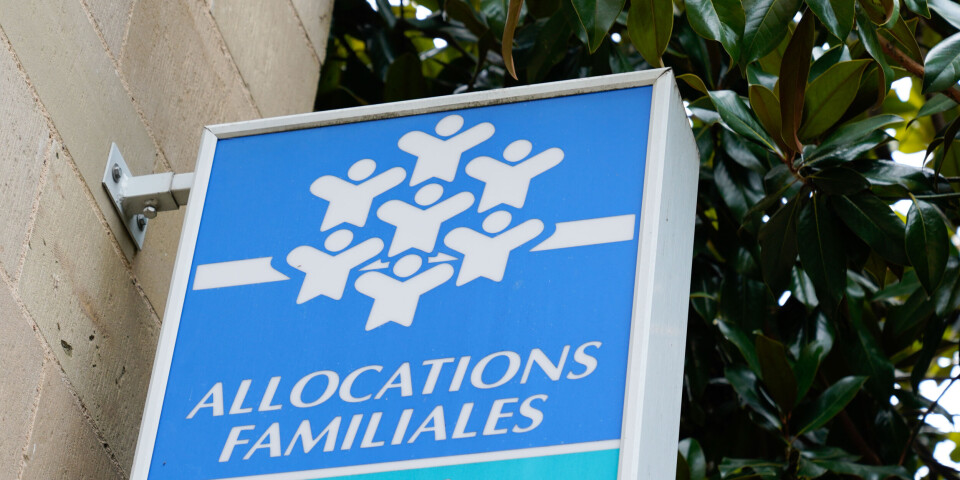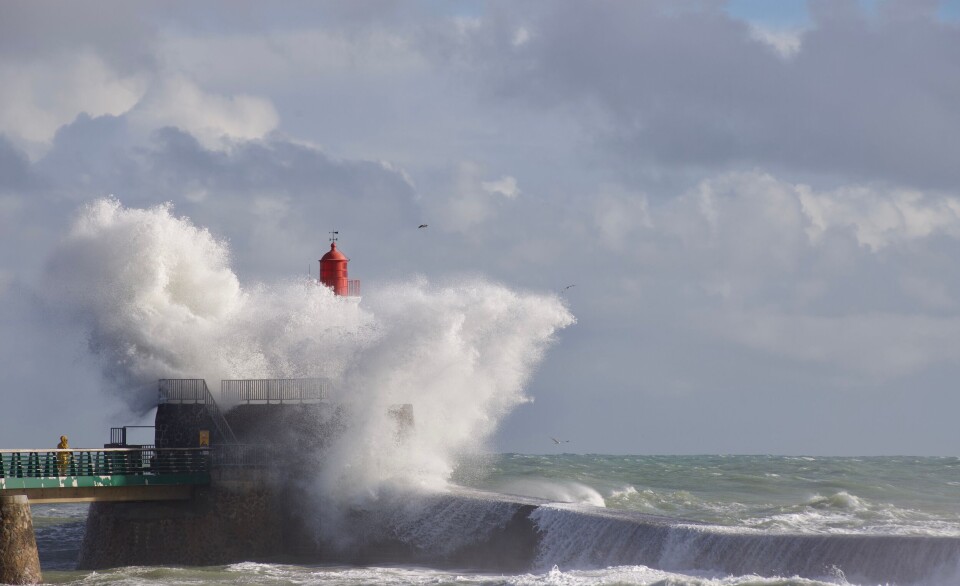-
Air France expands US schedule with direct Paris-Las Vegas route
Airline now offers 19 US destinations
-
2025 small business VAT reform definitively cancelled after Senate vote
New 2026 proposals remain on table but likely to be struck out as MP debates get underway
-
Small drop in percentage of French visa applications being declined
Roughly one in every six visa requests refused in 2024
Regulated French gas and electric bills capped at 15% rise in 2023
Prime minister also announces aid of up to €200 for 12 million homes. ‘No European country has done so much,’ she adds
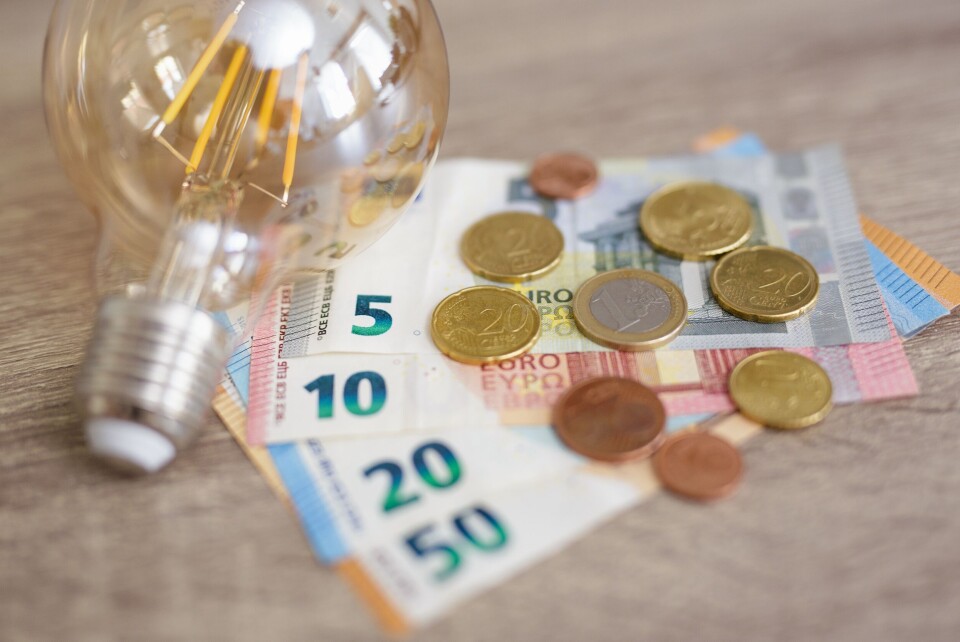
Regulated gas and electricity prices are to be capped at a 15% rise in France in 2023, the prime minister announced today.
Élisabeth Borne explained the way in which the current bouclier tarifaire price freeze will be adapted next year during a press conference this afternoon.
French energy announcements from the prime minister at a glance
- Regulated gas price rises to be capped at 15% in 2023. To start in January
- Regulated electricity price rises to be capped at 15% in 2023. To start in February
- Cash aid of €100 or €200 to be given to 12 million of the lowest-income households (means tested)
- Individuals in France called on to help reduce energy consumption by 10%
- Government hopes EDF will stick to planning on reopening nuclear power reactors, which will bring down electricity costs
- Prime Minister Élisabeth Borne states: “France is the country which has protected its households the most out of all European countries”
Read more: Rising energy bills: France to keep price cap in 2023
This bouclier tarifaire has meant that regulated gas prices were frozen in place and regulated electricity tariffs capped at a 4% rise last autumn.
France’s regulated energy tariffs (tarifs réglementés) are fixed by state authorities and are only offered by historic providers such as EDF or Engie.
Alternative suppliers can index their rates on the regulated tariff, or can offer contracts which are based on wider market prices.
At the end of last year, there were 2.8 million households on the regulated gas tariff – 26.5% of all the households with gas-heating – and 23 million on the regulated electricity tariff.
Ms Borne said: “We must continue responding to the worries [of the public], while also making sure not to increase our debts too much, and to target our support measures” in the midst of this “exceptional energy situation”.
“Today, without action from the government, regulated electricity and gas tariffs would be multiplied by 2.2 at the beginning of next year.”
Who does the 15% price cap apply to?
To avoid this, the government will prolong its bouclier tarifaire, but raise the cap to 15% for both gas and electricity. This will apply to “all households, copropriétés, social housing, small businesses and the smallest communes.”
As a result, the regulated gas tariff will increase by 15% in January, and electricity will go up by 15% in February.
“The difference [between these prices and the market price of energy] will not be passed on through consumer bills [...] it will be taken on by the government,” Ms Borne added.
The rise will equate to an average increase of €25 per month for gas-heated homes, compared to an increase of €200 per month without state measures.
Homes heated using electricity will see a €20 monthly rise in their bills on average, nine times less than the €180 increase they would have seen without the adapted bouclier tarifaire.
Energy cheques
“I know that this 15% increase is not insignificant,” Ms Borne said, adding that: “One-off chèques énergie (cheque aimed to help with energy bills) will be distributed by the end of this year.
“This aid will apply to 12 million of the lowest-income households, or four households in 10, and it will be for €100 or €200, depending on their revenues.
In this way, a single parent on a very low income with two children will get €200, while a couple earning €3,000 between them and supporting three children will get €100.
This government aid will also help people who use heating oil and wood.
Finance Minister Bruno Le Maire then stated that: “In 2022, France will have spent 2.2% of its GDP to protect our compatriots,” from the energy crisis, and that prolonging the bouclier tarifaire would cost the state €16billion.
“France is the country which has protected its households the most out of all European countries,” Ms Borne said.
Will there be energy shortages this winter?
The government is also urging people in France to cut their energy consumption by 10% in order to prevent potential shortages.
Ms Borne said that France had anticipated this possibility – caused by market tensions provoked by the war in Ukraine – by beginning to fill its reserves earlier and faster than usual, and working to restart out-of-action nuclear power stations.
“In the short term, we are making sure that EDF keeps to its plan to restart nuclear reactors, which will have an immediate effect on lowering electricity prices.”
She added that if we have a normal winter, and as long as people work to cut their usage, there should not be any power cuts.
However, she warned that this depends on: “millions of individual decisions taken each day by each of you, which are essential” for this to work.
If France sees a harsh winter, there is a “low risk of power cuts or rationing,” she added.
Read also: ‘Reduce energy consumption to avoid rationing in France’, says Macron
Warnings from France’s gas and electricity system operators
France’s electricity system operator, Réseau du transport de l’électricité (RTE), also held a press conference this morning, calling for individuals and businesses to increase their efforts to reduce consumption, even if only by a little, especially at peak times, to ease pressure on the network.
Natural gas transmission system operator GRTgaz has also stated that “restraint in gas and electricity usage is imperative from now on.”
It also estimated that if the winter is mild, there should not be a supply problem, although all of the year’s gas reserves – currently 95% full – will be needed. However, if the winter is very cold, France may encounter shortages, which is why people should cut down their usage as soon as possible.
GRTgaz recommended that people turn their heating down by 1C, and that businesses accept to turn off their machines at some peak times if necessary.
The operator added that it could carry out temporary power cuts, but only for big consumers like manufacturing plants. This should not affect homes.
European Commission looks to cap energy company profits
President of the European Commission Ursula von der Leyen has also presented a series of emergency measures aimed at responding to the energy crisis during a speech on the state of the European Union today (September 14).
She has proposed that energy company super-profits be capped, which would bring in €140billion to EU member states to be used to help their populations.
Ms von der Leyen also promised reforms for the European electricity market, which she described as being “unsuitable”, saying: “We must separate electricity prices from the dominant influence of gas.”
Finally, the European Commission is looking to oblige member states to reduce their consumption by “at least 5%” during peak periods.
As tensions over energy supplies rise as a result of the conflict in Ukraine, the market price of electricity has soared in Europe, sometimes exceeding €1,000 per MWh, compared to €50 before the Russian invasion began.
Ms Borne talked about the need for European solidarity in terms of energy supply, and that EU member states should work to reassure the market that there will not be shortages.
She added that estimations suggested that: “fears [of shortages] are excessive and prices are therefore too high.
“We will act against speculation in the field of energy prices,” capping rates at a European level and separating electricity tariffs from gas prices.
She also said that France must accelerate its shift towards renewable energy sources.
It had already been announced previously that France’s energy price cap would be maintained in some way, with Mr Le Maire stating earlier this month that energy bills would go up in 2023, but that the increase would be “contained and reasonable in comparison to the worst case scenario.”
Read more: Energy bills in France ‘would double in 2023 without state protection’
France’s bouclier tarifaire has already cost the state €24billion, in addition to the €8billion paid to EDF in the form of compensation.
Related articles
French PM urges big business to return purchasing power to the public
French wholesale electricity prices surge as energy crunch hits Europe
French MP calls on local authorities to stop paying electricity bills




